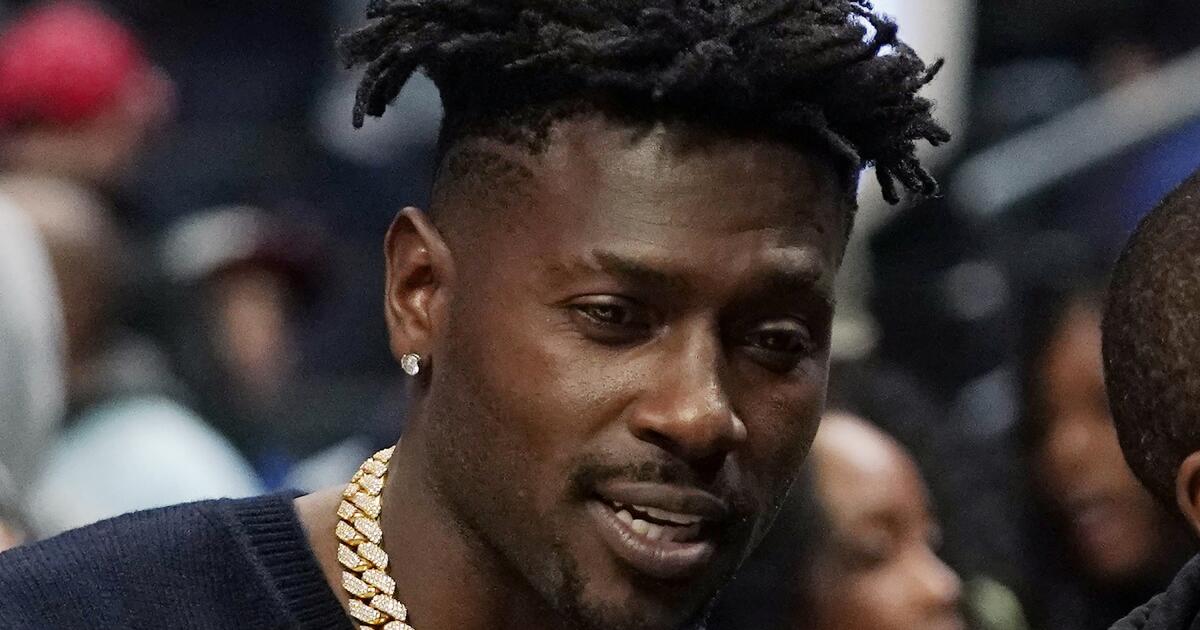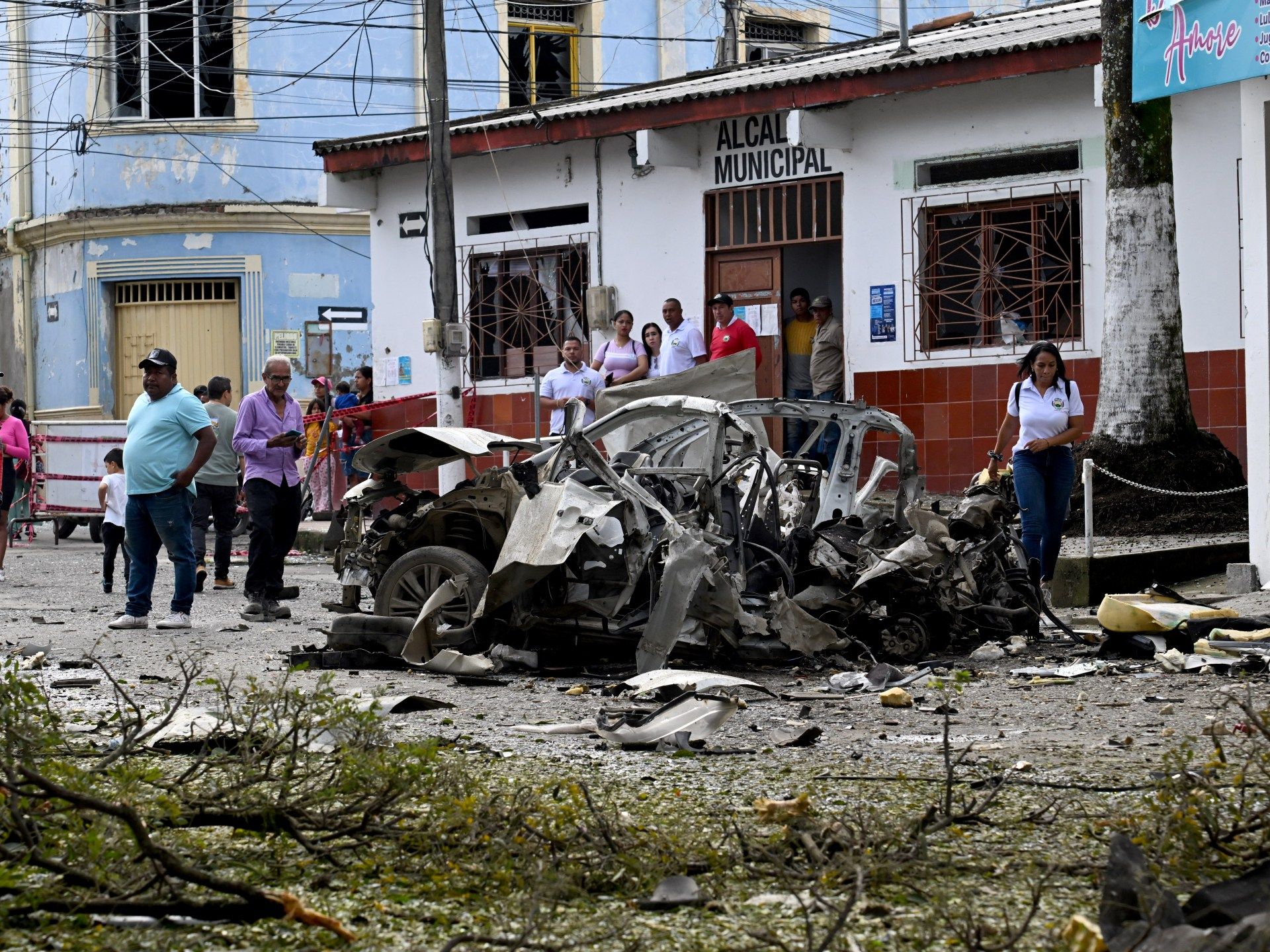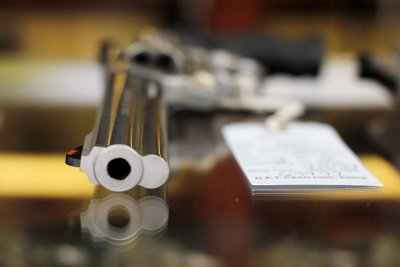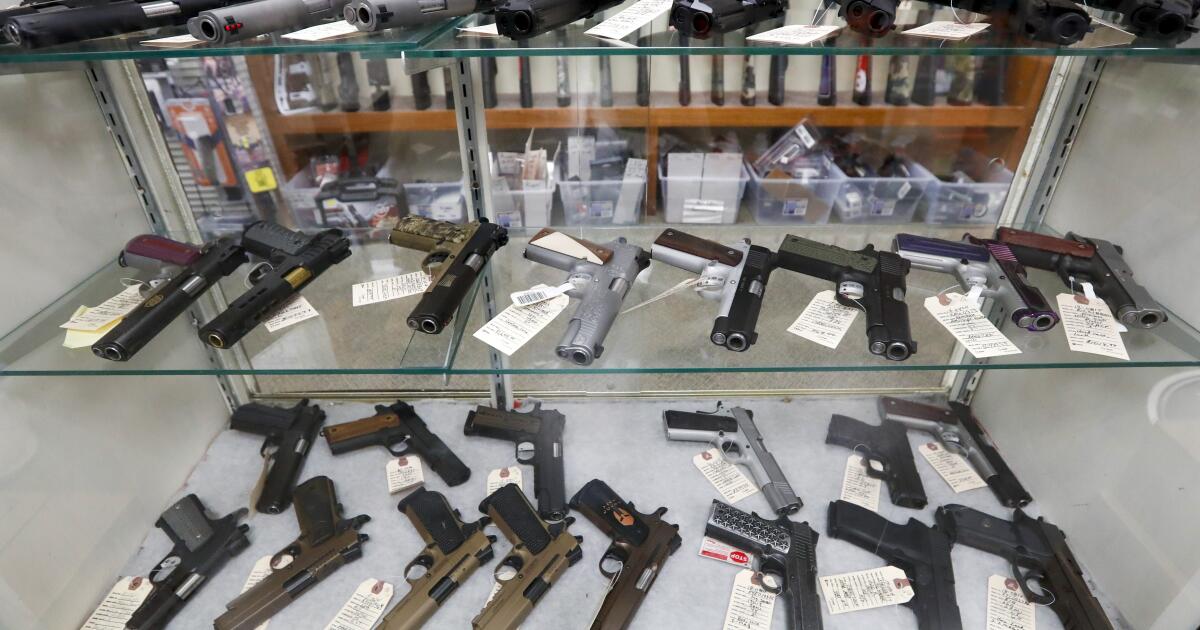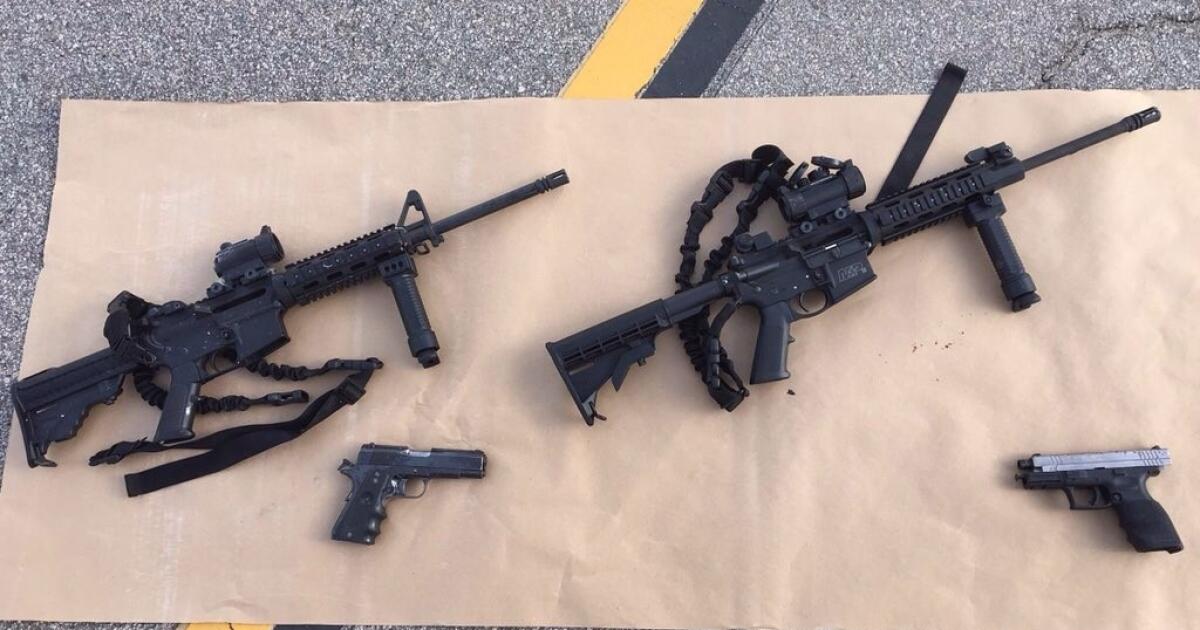Former NFL star Antonio Brown is wanted for attempted murder
A warrant has been issued for the arrest of former NFL superstar Antonio Brown stemming from an altercation outside a celebrity kickboxing event last month in Miami.
Brown is charged with the first-degree felony of attempted second-degree murder with a firearm. A judge from the 11th Judicial Circuit in Miami-Dade County signed the warrant Wednesday.
The warrant, which has been viewed by The Times, states that once Brown is arrested, he will be held on a $10,000 bond before being released and under house arrest before a trial.
Just before midnight on May 16, the warrant states, Miami police were dispatched to a location on NE 67th St. in the Little Haiti neighborhood in response to a report of gunshots being fired in the area.
Brown had already been detained by off-duty Florida Highway Patrol officers serving as security for the amateur boxing event held in the area. One of those officers stated that “several patrons from the event identified Mr. Brown as the shooter and informed him that Mr. Brown was armed,” the warrant states.
After being patted down and deemed to be unarmed at that point, Brown was released “due to the absence of identified victims at the time.”
A Miami police review of surveillance camera footage revealed that an altercation between Brown and another man took place before the shooting. The footage showed Brown striking the man with a closed fist, and a fight that involved additional individuals ensued, the warrant states.
Security broke up the fight, according to the warrant, but Brown “appears to retrieve a black firearm from the right hip area” of one of the security staff members and ran with the gun out of the parking area in the direction that the man he was fighting with had gone.
The warrant states that “cell phone video obtained from social media” shows Brown advancing toward the other man with the gun in hand and captures “two shots which occur as Mr. Brown is within several feet” of the other man, who can be seen “ducking after the first shot is heard.”
In a May 21 interview with a police detective, the alleged victim identified Brown in the surveillance video and said they had known each other since 2022, the warrant states. He also indicated he possibly had been grazed in the neck by one of the bullets, was in fear for his life during the incident and went to a hospital afterward to treat his injuries.
Brown appeared to address the alleged incident in a May 17 post on X.
“I was jumped by multiple individuals who tried to steal my jewelry and cause physical harm to me,” Brown wrote. “Contrary to some video circulating, Police temporarily detained me until they received my side of the story and then released me. I WENT HOME THAT NIGHT AND WAS NOT ARRESTED. I will be talking to my legal council and attorneys on pressing charges on the individuals that jumped me.”
Brown posted on X several times on Friday, with none of those posts mentioning the arrest warrant. One seemed to indicate he’s not in the U.S. at the moment — it features a video of a grinning Brown riding a bike with the hashtag #lovefromthemiddleeast.
A seven-time Pro Bowl receiver, Brown played nine of his 12 NFL seasons with the Pittsburgh Steelers and won a Super Bowl with the Tampa Bay Buccaneers following the 2020 season. He made a bizarre, shirtless exit from the field during a regular-season game Jan. 2, 2022, and has not played since.
He has a history of legal troubles. In 2019, Brown was sued by a former trainer who said he sexually assaulted her multiple times. Brown denied the allegations. The lawsuit was settled out of court in 2021.
In 2020, Brown pleaded no contest to burglary and battery charges connected to an altercation with a moving company. He was ordered to serve two years of probation and 100 hours of community service, attend an anger management program and undergo psychological and psychiatric evaluation.
Brown was suspended for eight games in 2020 for multiple violations of the NFL’s personal conduct policy.
Also, in October 2023, the former star wide receiver was arrested for failing to pay child support.
